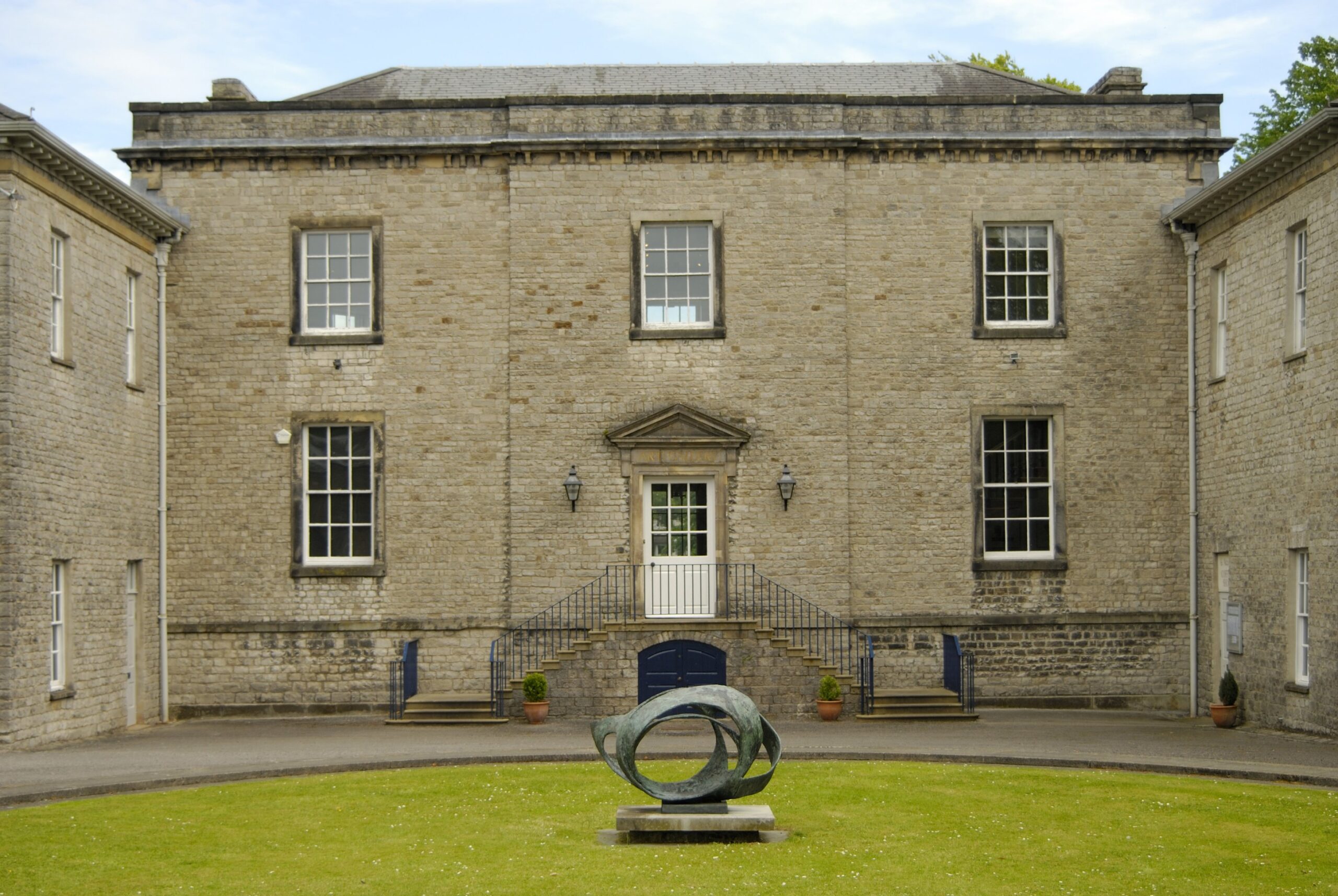
Redeveloping a period mansion
Abbot Hall in Kendal, a Grade I listed mansion and now home to an art gallery and museum, is in the early stages of its redevelopment. Gordon Watson outlines the proposals.
Abbot Hall, a magnificent riverside mansion built in 1759, was listed Grade I by English Heritage in 1951 in recognition of its national significance. Lakeland Arts opened the hall in 1962 with a programme of exhibitions showing modern British painters and Epstein bronzes. Since then we have collected work of leading contemporary artists and started a major historical collection, rooted in Cumbria but looking nationally and internationally as well.
We will consult with planning officers and special interest and community groups so that we listen to a range of voices and opinions
The development project is for the whole site, which is in the Kendal conservation area. It contains three Grade 2 listed buildings, including the coach house and stables, housing the Museum of Lakeland Life and Industry, and the Grammar School dating from 1588.
The master plan
The development proposals are based on a detailed study and master plan that we produced in 2012, and developed further for the successful application to Arts Council England’s capital programme in 2016.
An important early decision was to base the development on improving existing buildings rather than including any significant new buildings. Another early decision was to develop Abbot Hall so that we can welcome visitors to the whole site, instead of the current arrangement with separate entry to the Art Gallery and Museum.
The master plan celebrates and brings out the quality and different characteristics of the listed buildings and the spaces between them. It enhances the townscape and the way Abbot Hall is positioned between the parish church, Abbot Hall Park and the river Kent.
The overall objective of the project is to make the site more resilient and sustainable. This involves a series of improvements and changes in the use of spaces so they function better and meet modern standards. This is particularly important in the hall itself where we want to keep the Georgian proportions of the principal rooms and the domestic scale that artists have welcomed for showing their work. At the same time we will improve the environment, security and access, introduce a proper art route and create a dedicated space for learning.
We will work with the Grade I listing to restore period details and design the services so that visitors see works of art in well-lit, environmentally controlled and secure spaces without the obtrusive 1980s fittings.
The coach house and stables building is much simpler than Abbot Hall and we plan to create a double-height gallery in part of this to show art and history exhibitions. We will remove 1970s walls and ceilings to reveal the original form of the building and this will provide us with space to show much larger works than we can accommodate in the hall. The Old Grammar School will become the main welcome area for the site with the café and shop.
An important part of our vision is to create more informal ways to engage with the Art Gallery and Museum and the master plan includes landscape improvements with facilities to show art and present events and community activities in the two courtyards. One building on site dates from the 1980s and we plan to use this as the main collection store, with public access and study facilities.
Listed building consent
The listing of the buildings means that we have to secure Listed Building Consent for all the proposals. This lengthens the process and involves consultation with local planning officers and English Heritage. We started the consultation in 2012 when we completed the master plan and we changed elements of the design in 2016 to take account of comments received.
Arts Council England (ACE) awarded us a development grant and we are using this to take the project through the outline and detailed design stages (RIBA Stages 2 and 3) and to prepare for the second stage capital grant application. We will consult with planning officers and special interest and community groups so that we listen to a range of voices and opinions as we finalise the proposals for this sensitive and significant site.
The total cost of the project is £7.15m and we are aiming to raise £2.15m match funding to secure all the ACE investment and complete the project by 2022.
Gordon Watson is Chief Executive of Lakeland Arts.
www.abbothall.org.uk
Tw @lakelandarts
Join the Discussion
You must be logged in to post a comment.